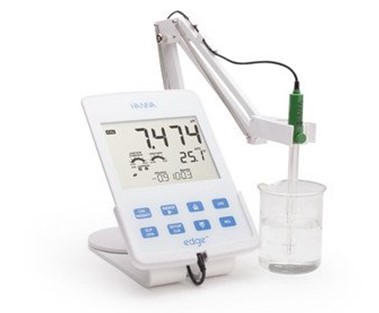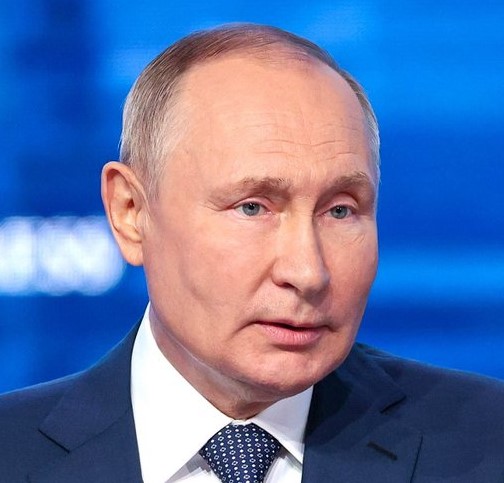In Prikamye, the maximum number of students was attracted to fight the pandemic

According to the order of the Ministry of Health, the staff of medical institutions can be expanded at the expense of students under the following conditions. Students of college graduates with a degree in General Medicine, university students with a degree in Clinical Medicine, Nursing after completing 36-hour courses are allowed to provide emergency medical care. In this case, students are employed as nurses, they can provide emergency medical care under the supervision of a specialist doctor.
The Perm Territory attracted the maximum number of students to fight COVID-19 - 1,600 people, or more than 13% of the total number of doctors in medical institutions in the region. This information was provided to RBC by representatives of seven regions of the Russian Federation.
In late January - early February, due to the spread of "omicron" in the regions of Russia, including the Kama region, the load on polyclinics increased significantly. Social media users actively posted photos of long queues at medical facilities. In this regard, Prime Minister Mikhail Mishustin called for simplifying the procedures for making an appointment with a doctor, issuing conclusions and prescriptions, and also saving medical staff from paperwork. On February 4, the Ministry of Health updated the procedure for providing medical care for patients with COVID, and also allowed the involvement of college and university students in the work of medical institutions.
The government of the Perm Territory told RBC that they had restructured the work of local healthcare systems and began issuing sick leave remotely. Residents of the Kama region, according to the Ministry of Health, are actively interested in obtaining a QR code for the presence of antibodies. The issuance of such certificates will begin after February 21, 2022. For this, a special service will be launched at the State Services. The document will be generated automatically.
Students who have completed three or more courses in the specialty "clinical medicine" and others are allowed to remotely diagnose diseases. They do not need to take an exam. Students who are graduating from a similar college specialty after completing a 36-hour course are also allowed to provide assistance remotely. People without medical education are allowed to take biological material for laboratory research on COVID-19 and transport it, but after completing on-the-job training. In this case, they get a job as a junior medical staff.
Earlier, RBC Perm reported that the Minister of Health of the Perm Territory, Anastasia Kruten, addressed the heads of the region's municipalities. She spoke about the difficult situation with the ambulance stations in Perm.
“It is less difficult in the territories of the Perm Territory, but also “quite tense,” the minister says. About 150 medical volunteers and senior students have been sent to ambulance stations to help doctors.
Now 123 residents, 400 students of the 4th and 5th courses of the university, 200 people of the 1st year of the university, 100 people of the medical college and 229 people of non-core volunteers have been additionally involved in the work in the region,” the minister added.
Read together with it:
- The US withdrew from the WHO with a $260 million debt.The United States left the World Health Organization (WHO) with an unpaid debt of $260 million, Bloomberg reports . US President Donald Trump signed an executive order withdrawing from the World Health Organization on the first day of his second term. The US Constitution stipulates that, to make a final withdrawal, the government must notify the organization one year in advance and fully repay its...
- Why "Need" Doesn't Work with Generation Z: Debunking MisconceptionsMyths about Gen Zers—that they quit easily, lack communication skills, and are unwilling to work long hours—often hinder management. The Skolkovo School of Management learned from Gen Zers themselves about these stereotypes and offered specific advice on working with Generation Z.This material is part of RBC's new Education section , where we discuss how to develop skills, make informed decisions,...























































